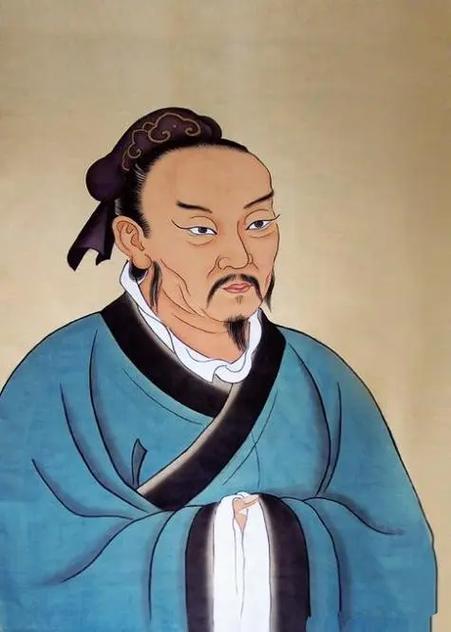Mencius: the Original Goodness of Human Nature — Unveiling Inner Virtue
Mencius inherited and expanded upon Confucius' thought, positing that human nature is inherently good. He introduced the theory of the "four beginnings" — compassion, shame, deference, and a sense of right and wrong — as the basis of human goodness.

Benevolent Governance
Mencius extended Confucian ethics into the political realm, advocating that political power should align with the will of the people and focus on their well-being. He used farming as a metaphor to explain that governance, like farming, requires rulers to care for their people’s welfare. His vision of benevolent governance provided a model of rule based on moral legitimacy and aimed to balance the interests of individuals and the collective.
Mencius’ Kingly Way and the Dialogue in the Fields
One day, Mencius was discussing governance with a farmer, who asked how to implement benevolent rule. Mencius replied, “Just as with farming, the way of the king is to follow the will of the people, ensuring that everyone, like a farmer, lives comfortably and peacefully.” Through this vivid metaphor, he emphasized that benevolent governance is about placing the people at the center, aiming for the common good.
